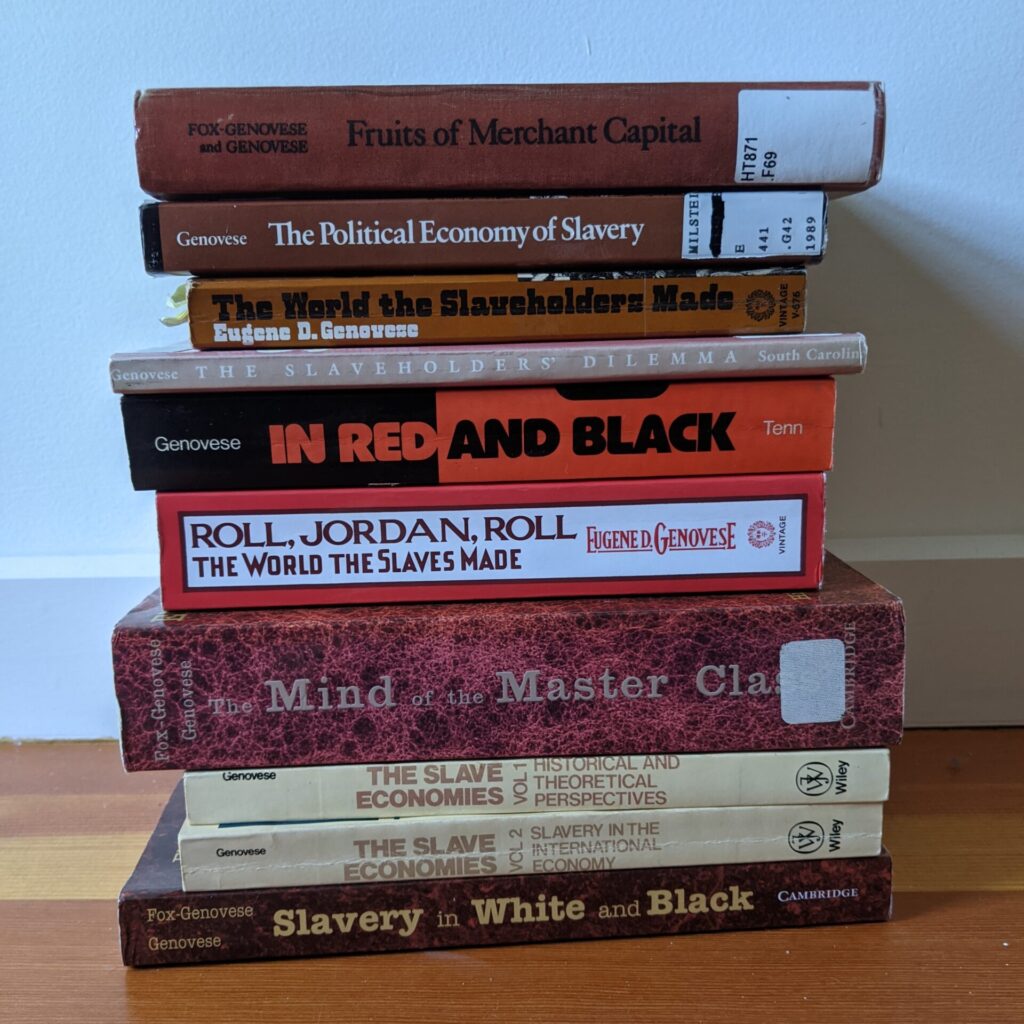An amusing remark on academics, itself attributed to several different academics, goes something like this: In academia, disputes take on such huge proportions precisely because the stakes of them are so small. Whether this observation is or is not true, I have found that its general sentiment is passed down to undergraduates, if inadvertently so. Of course, there are pedagogical reasons for instilling this impression; when we are learning about debates on a given subject within a discipline, it can help to read the most absolute positions on either side, if only to distill the terms of argument.
But the impression that such debate must necessarily be black and white, and must be of great intensity, can be daunting to accept as an undergraduate writer. Who am I, I wonder to myself, to so totally challenge the work of an established academic researcher? Even if I might disagree with their broader argument, have they not done far more research than I have? Relatedly, what if their research offers some quite usable background information– am I not just a little hypocritical to use it while arguing against the position it was intended to support? Or, what if I agree with smaller asides or observations by the researcher, but not the thrust of their whole argument? In a word, need the division be so absolute within the scholarly conversation?
The first two of these questions need not concern us too much. Of course we are undergraduates, and are thus limited in our knowledge-base compared to a professional researcher, but that should not stop us from critical engagement. Plus, those reviewing our research (our lovely professors) are fully aware of the knowledge we ought to have at this point in our studies.
The rest of the questions, though, I have had to answer myself as I work through my thesis. Firstly, no, it is not hypocritical to use a researcher’s information as background, even if you disagree with how they employ it. In fact, using the information offered by your presumed opponent adds all the more strength to your argument– it can demonstrate your capability of analysis to show that the same set of data can be mobilized for opposing arguments (or, in more combative terms, that your interlocutor did not employ the given data well as compared to yourself). For example, one of my main academic “antagonists” in parts of my thesis is one of the greatest, most prolific historians of antebellum slaveholders. While I find much of his argument in one particular book of his to be quite objectionable, I have found myself turning to that very same book for supplemental knowledge on the topic at hand.
I may disagree with this historian, but I cannot deny that this book of his is nonetheless the culmination of decades of research, with rich footnotes and a clear mastery of the sources. It would be silly for me to jettison the entire book as a reference simply because I don’t agree with where those sources lead. In fact, in referencing the book, I have taken specific issue in the body of my thesis with how this historian employed certain quotes in favor of his argument, and instead showed how these quotes could be used to support my own.

Furthermore, this is but one of his books, and only part of my thesis; throughout the thesis, I approvingly cite arguments from other books by this historian. As long as you are precise in differentiating different lines of thought pursued by one author, there is nothing wrong with accepting some while rejecting others. Indeed, it is much easier– and, more importantly, much more intellectually sound– to reject a particular argument, or even a particular aspect of an argument, than to reject the entire corpus of a given author. Academic authors, after all, are only human. They can maintain multiple positions; they can change their position over time; they can maintain a position too complex and multilayered to be easily argued against in full. This one author I deal with so much, for example, significantly changed course over the progress of his career, and I find myself agreeing more with his early work and disagreeing more with his late work (even if I still cite the latter for the sake of background).
You should not feel, then, that there is an imperative to declare oneself on one side of an academic debate. Even as you argue against a given author, they would likely appreciate it if you were certain to acknowledge the nuance of their thinking, or at least recognize the quality of the research employed. The stakes, actually, are too high to assume a simple binary position of “pro” or “against”: we will be prouder of our work, and even produce better work, once we deny that all academic debates must necessarily be grand in division.
–Alec Israeli, Humanities Correspondent

